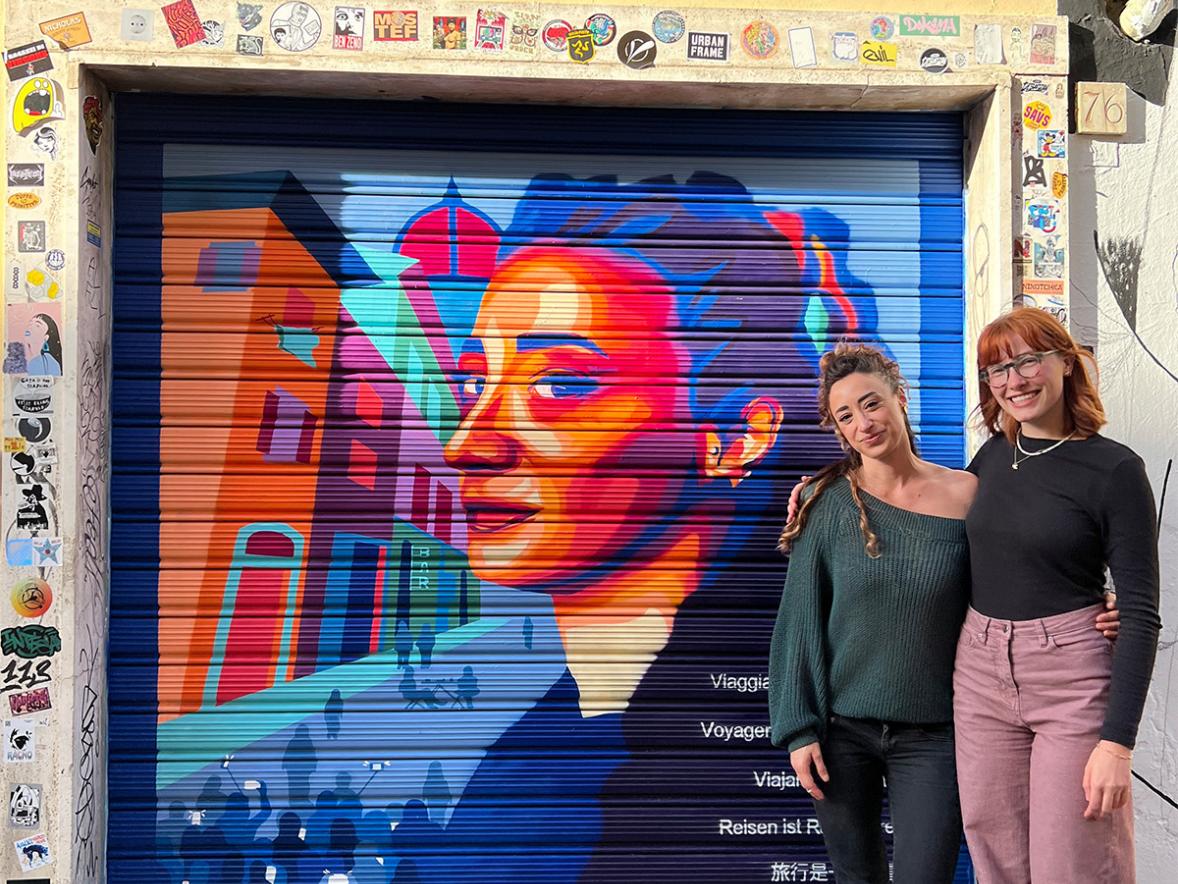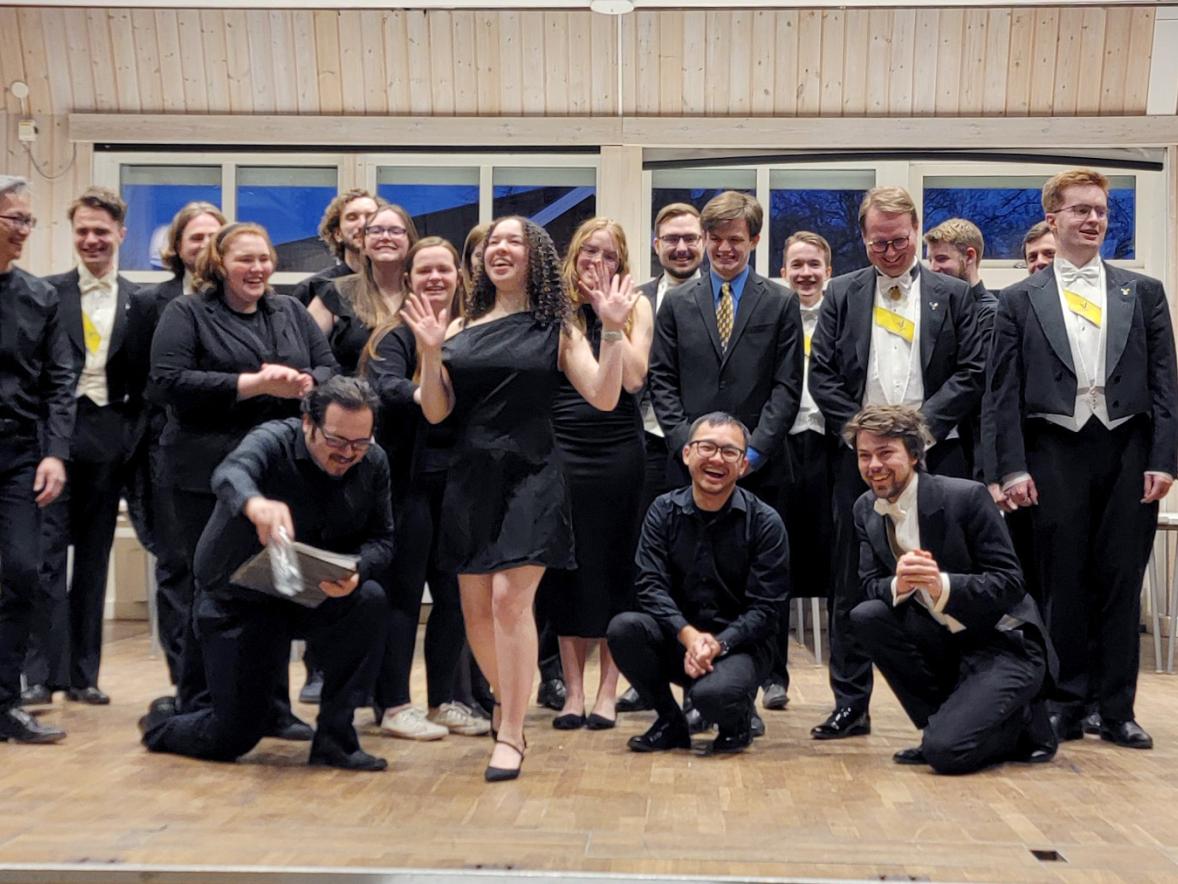Study abroad offers students many exciting opportunities – the chance to travel, meet new people, explore different cultures. But according to a new report, study abroad experiences also give students the key soft skills and global skills necessary to start and advance their careers.
UW-Stout’s Office of International Education’s professional organization, NAFSA, examined the connection between study abroad and employment competitiveness.
In its recent report, Developing a Globally Competitive Workforce Through Study Abroad: The Value of Study Abroad Skills in the U.S. Job Market, NAFSA stated that skills developed during study abroad are highly valued by employers.
Skills associated with study abroad were listed in more than 31 million job postings in 2019.
Soft skills listed in 66% of postings include communication, leadership and problem-solving. Other soft skills listed include teamwork, tolerance for ambiguity, adaptability, curiosity, confidence and time management.
The most represented global skills were cultural awareness, foreign language and diversity, listed in about 60% of postings. Other global skills listed include cultural sensitivity, global perspective, intercultural communication, cross-cultural communication and global awareness.
The report also stated students who study abroad tend to earn higher grade point averages, have a higher retention rate and graduate in a shorter amount of time.
They also earn higher salaries on average in their careers and are more likely to obtain managerial or executive-level positions. This is because 85% of employers seek leadership candidates with international competence, according to the Coalition of International Education’s report 2014 U.S. Business Needs for Employees with International Expertise
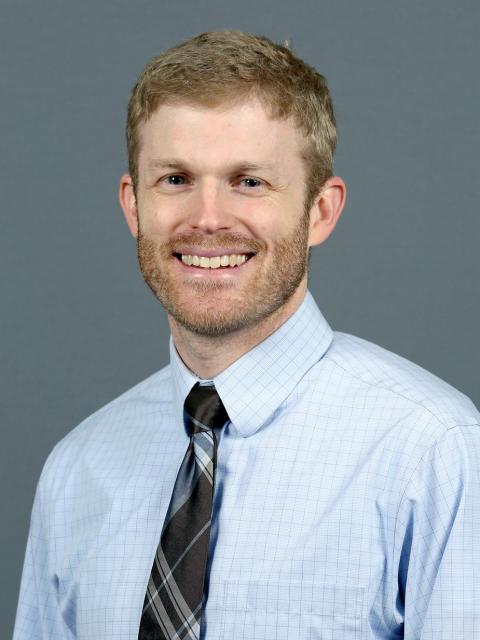
“Acquiring soft and global skills are invaluable and inevitable through study abroad participation, especially when students engage in long-term education abroad opportunities. I believe this type of engagement directly correlates to career leadership and success in life,” Director of OIE Scott Pierson said.
“We are humbled by this life-changing experience, yet at the same time experience growth that is not possible within the confines of our daily routines back home. We learn how to embrace diversity and adversity and develop the confidence to overcome any obstacle and persevere,” Pierson said.
During a typical year, 200 to 300 UW-Stout students study abroad. Many students travel on short-term, faculty-led experiences, while others enjoy semester-long exchange programs. Stout students can choose from over 200 programs in more than 30 countries.
Although study abroad in-person is not possible this academic year due to the pandemic, there are several virtual learning opportunities offered in the spring. Virtual opportunities include business courses in The Netherlands; humanities, communications or business courses in Japan; or a virtual internship with an international company at a variety of locations around the world. Virtual courses or international internships are also open in summer 2021 and beyond.
“We remain hopeful that students will be able to return to in-person education abroad experiences during summer 2021 and anticipate making a determination during the spring term,” Pierson said.
Career leadership: entering the unknown with confidence
Chancellor Katherine Frank understood the value of an international perspective at an early age. Her grandfather was from Norway and her mother spent much of her life there. Her grandfather served in the United Nations at several posts throughout the world.
While in high school, Frank traveled nationally and abroad on research and service exchanges. And she experienced a homestay in Perpignan, France, where she discovered her need to “engage with the world in a more significant fashion.”
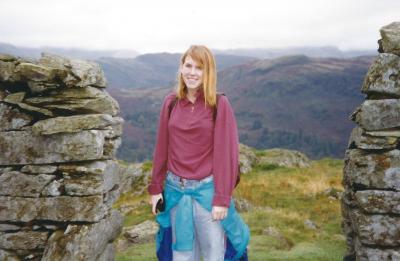
Frank studied English at Bates College in Lewiston, Maine. During her junior year, she spent a semester abroad in Bath, England, where she studied Romantic and Victorian literature, as well as historic and contemporary English literature.
“I was able to immerse myself in literature in ways that I could not experience in a university classroom,” she said. “I was able to walk by where Jane Austen wrote and see the places I was reading about. I could witness the depths of Roman history there. It’s a beautiful spot.”
Frank traveled to Italy with a friend on an extended break during her semester abroad, backpacking and staying at “pensiones” and convents.
“Studying abroad takes a lot of courage. You’re finding new places and doing it all on your own. You might not know the language, but you have to learn to communicate across cultures,” she said. “Studying abroad helps you enter the unknown with confidence and understand how vast the world is beyond your front door.”
Frank thinks the most effective way students can promote themselves in terms of their study abroad skills is to “articulate the why and how.”
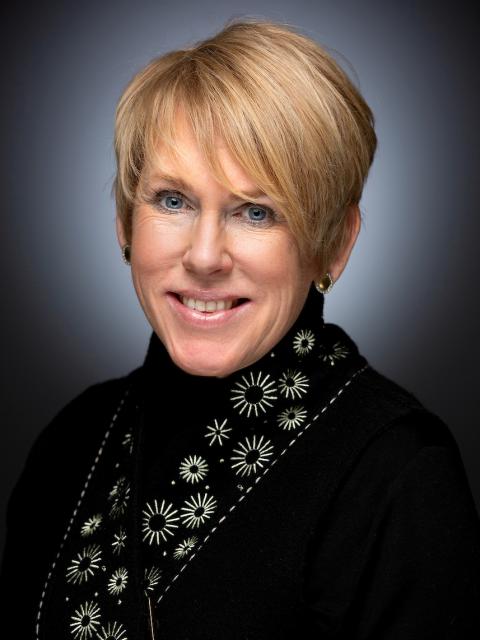
“It’s not just that you have studied abroad. It’s what you learned and how it changed you,” she said. “There is not one person who has studied abroad that doesn’t return changed by the experience.”
The most valuable skill Frank learned abroad, and one she still values as chancellor, is how to engage in productive problem-solving, both in the moment and long-term planning.
“I need to be able to think critically, look at situations through a variety of perspectives and make informed decisions,” she said. “I think study abroad helps us to develop patience. And it helps us navigate the world in decision-making, approaching differences and looking for ways to do better.”
Administrative skills: problem-solving, cultural awareness and communication
In graduate school, Interim Provost Glendalí Rodriguez studied Modern Architecture in Paris, Berlin, Amsterdam and Prague, giving her a glimpse into old and modern architecture and “how each generation contributes to the next.”
She navigated new countries and unknown languages, gaining confidence in traveling safely and communicating in new ways, she said.
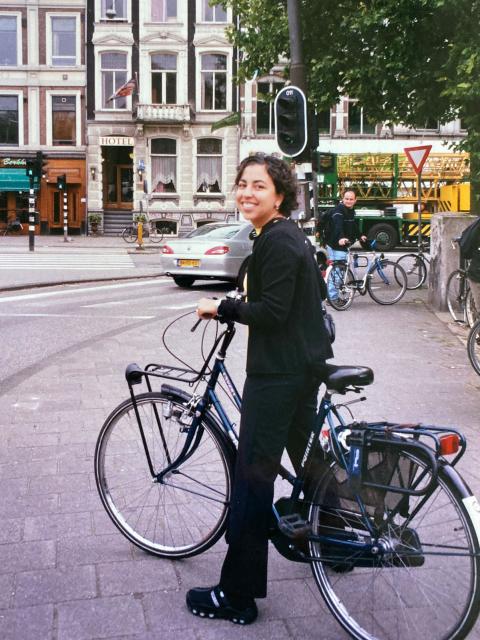
“With such a diverse architectural landscape, it was a true growth experience. I gained a sense of confidence in problem-solving. I also developed a sense of deep respect and appreciation for countries with such a long and often complicated legacy.”
“Studying abroad provides an opportunity for self-reflection and growth by seeing new parts of our world and experiencing new activities with others,” Rodriguez said. “It expanded my perspective on our built environment. Seeing new types of architecture and new ways to navigate cities built my confidence in how diverse and beautiful our world is and my own role as a global community member.”
Bob Zeidel always knew he wanted to teach history. But he didn’t know at what level until after his study abroad experience. Traveling to London, Rome and Geneva for a six-week course on the History of the Reformation and the Emergence of Early Modern Europe, he attended lectures by scholars at various historical sites.
“I saw that history had happened outside of the United States, which I knew in the abstract but now could appreciate in-person. And I learned from scholars with different perspectives,” he said.

Now, as interim dean of the College of Arts, Communication, Humanities and Social Sciences, Zeidel knows that “learning about the history of key world events, at the locations where they occurred, enhanced my cultural awareness and made me appreciate the importance of good communication.”
“Traveling abroad helped me to appreciate humanity’s diversity. As one travels, one sees the world not only from another’s perspective but also has a chance to reconsider their own,” he said.
Maria Alm, interim dean of the College of Education, Hospitality, Health and Human Sciences, agrees.
“In terms of cultural awareness, we take so many things for granted when we never encounter others with different expectations or assumptions. Students who study abroad return having learned about themselves, their own cultural values and beliefs. It’s easier to see one’s own culture in relation to another,” Alm said.
As an undergraduate, Alm studied abroad in Munich and Leningrad. She spent a summer in each city, studying language, literature and culture.
Alm returned to the Soviet Union while in graduate school, expanding her knowledge of languages even further. She began her career teaching Russian and published and presented on literary and cultural topics, before moving into academic administration.
“I remember hearing a quote years ago, ‘You are as many people as languages you speak.’ Learning another language gives you access to a different way of thinking and viewing the world. These skills are critical to today’s global workforce,” Alm said. “In most countries, college students and graduates are at least bilingual. American students are increasingly at a competitive disadvantage if they know only one language.”
How to market skills gained abroad
With employers placing such a large emphasis on international competence, and with only 10% of all undergraduate students in the U.S. studying abroad, these students have a distinct advantage over their peers. However, the NAFSA report stated job applicants often don’t include skills learned abroad in their professional profiles and resumes.
The Office of International Education reminds students of the importance of marketing skills gained in their study abroad in their professional profiles and resumes and suggests sharing examples during interviews with potential employers.
Career Counselor Liz Julian and Study Abroad Advisor Chela Cea shared advice during the Fall Study Abroad Fair, in a session called What Can Study Abroad Do for You?
“Career Services can help students communicate soft skills gained during a study away experience in a way that employers can understand,” Julian said. “Employers really want those soft skills. It does help students distinguish themselves from their peers. And I do think it improves employability with employers throughout the U.S., as 75% of employers do seek a global perspective in their applicants.”
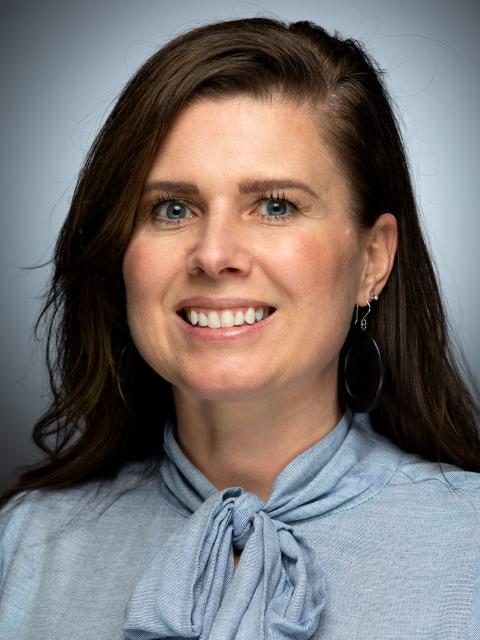
When Cea is asked about a time she overcame a challenge, she shares her experience conducting research for her thesis in Ecuador, which included interviewing farmers in the Andean mountains.
“But this was during a prime farming period. No one could talk to me,” Cea said. She needed to be flexible and adapt her schedule. “I collected data from government ministries first. When I returned, I applied interpersonal skills. Rather than interviewing the farmers in their homes, I went to where they were. I interviewed them while they were taking breaks in the field.”
The session also featured a panel of study abroad alumni, including 2019 graphic design and interactive media graduate Megan Luedke. Luedke, who studied in Germany, the Netherlands and Mexico, is a graphic designer for Campus Groups. Living and working in New York, she enjoys being a member of a team of international designers.
“The biggest thing I learned in my study abroad that has benefited me in my career is having a different perspective and respect for other people and other cultures,” she said. “We have an abundance of cultures in our workspace. So, being able to identify and respect other cultures and to learn from them and grow with them is really amazing.”






